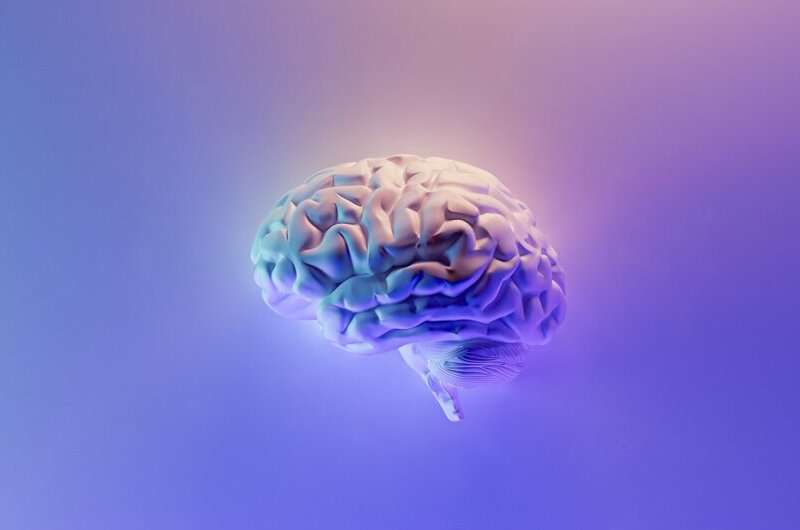This article has been reviewed according to Science X's editorial process and policies. Editors have highlighted the following attributes while ensuring the content's credibility:
fact-checked
trusted source
proofread
Scientists hope AI will speed up brain tumor diagnosis

Artificial intelligence could raise hope of an early detection of brain tumors with the prospect of overcoming current limitations of diagnosis by conventional methods, new research suggests.
Scientists say the landmark study has a novel approach following the evaluation of numerous artificial intelligence models they applied to predict brain cancer at the earliest stage possible.
The investigators note that their approach examines big data to classify brain tumor symptoms, occurrence, and repetition to provide oncologists and radiologists with the right information for an early prediction of the disease.
"One of the main ways that AI is being used is through deep learning (DL) models. These models are trained on large amounts of data and can then be used to identify patterns and features that are not easily visible to radiologists," write the researchers. Their study appears in the Diagnostics journal.
Brain tumors are a big headache for global medical community. An estimated 308,102 people worldwide were diagnosed with brain or spinal cord tumor in 2020.
The most conventional diagnosis method known worldwide is MRI, or magnetic resonance imaging. Though seen as the gold standard for early detection, its limitations prompted the scientists to explore more innovative diagnosis procedures.
The scientists maintain that their AI models can analyze large amounts of data and identify patterns that may not be apparent to human radiologists, reducing workload and speeding up the diagnosis.
"This is because AI models can automatically analyze images and identify areas of concern, leaving radiologists with more time to focus on other tasks," they write.
The research team producing the pioneering study is led by Dr. Dilber Ozun Ozsahin, Associate Professor at the University of Sharjah.
Currently Dr. Ozsahin and her co-authors are working on an application that will deliver AI-based selection system to hospitals.
"We expect (the system) to play an important role in early detection, improving patient outcomes and revolutionizing brain tumor care," Dr. Ozsahin added.
In their investigation, the scientists ranked different machine learning models, the first such scientific endeavor in the study of brain cancer.
The researchers measure nine widely used machine learning models, including support vector machine (SVM), random forest (RF), gradient-boosting model (GBM), convolutional neural network (CNN), K-nearest neighbor (KNN), CNN VGG19, AlexNet, GoogLeNet, and CapsNet.
They utilize the multi-criteria decision-making method known as fuzzy preference ranking organization method for enrichment evaluations (PROMETHEE), and then they assess each model based on various critical parameters.
The results show the CNN model as the front-runner, boasting superior performance in prediction accuracy, precision, recall, specificity, sensitivity, and processing time. This is an unusual finding as it renders CNN the preferred AI ally for early brain tumor detection, says Dr. Ozsahin.
Conversely, the KNN model ranked least effective, signaling the urgent need for advanced approaches to tackle the complex challenge brain tumors pose to medical staff.
"The findings of this study support the applicability of the proposed approach for making optimal choices regarding the selection of machine learning models. The decision maker is thus afforded the opportunity to expand the range of considerations which they must rely on in selecting the preferred models for early detection of brain tumors," the researchers write.
"AI offers immense potential in enhancing brain tumor diagnosis through improved accuracy, early detection, efficient triage, decision support, data handling capabilities, research advancements, and remote health care applications," says Dr. Ozsahin.
More information: Dilber Uzun Ozsahin et al, Mathematical Assessment of Machine Learning Models Used for Brain Tumor Diagnosis, Diagnostics (2023). DOI: 10.3390/diagnostics13040618


















